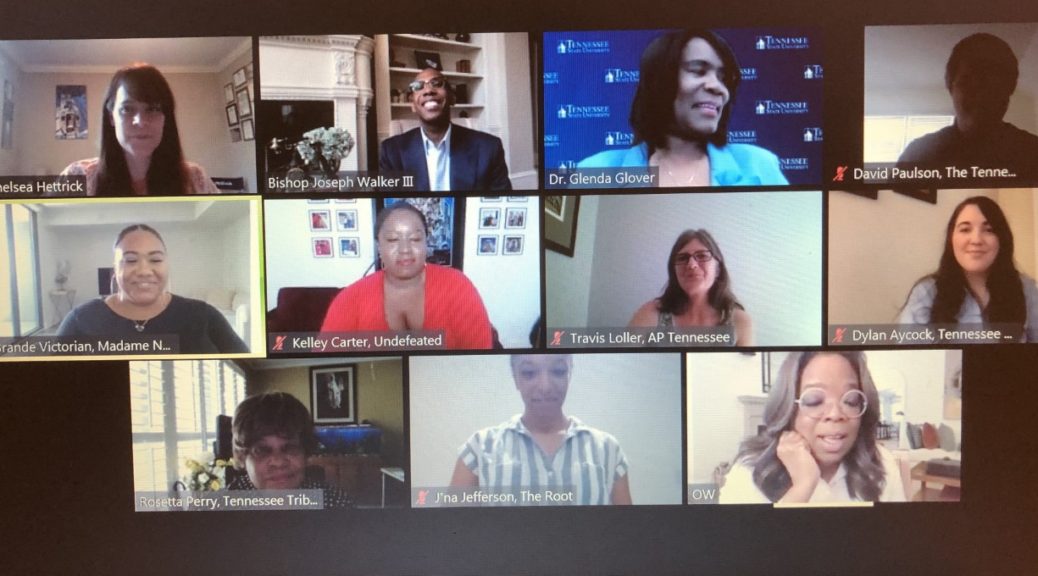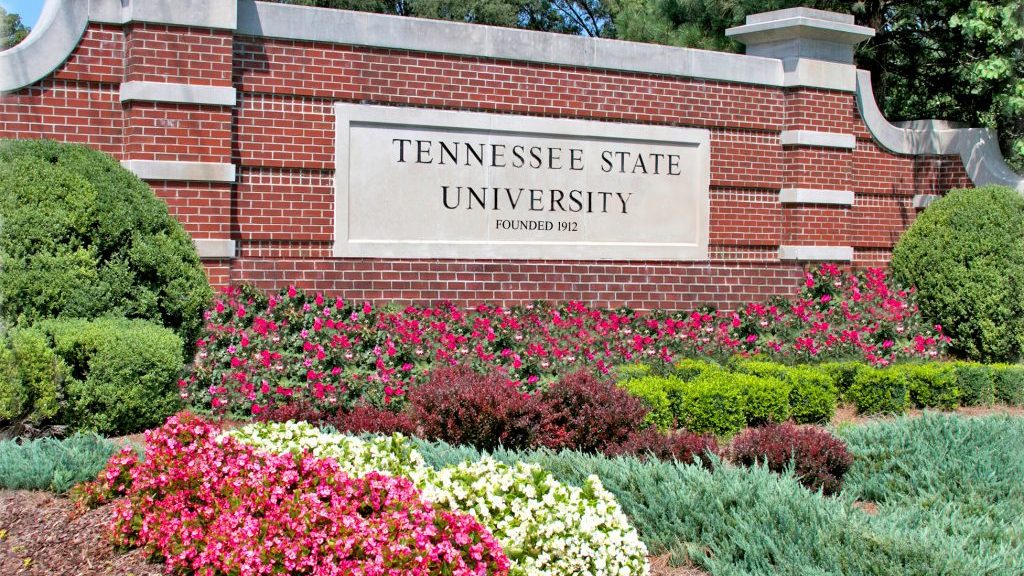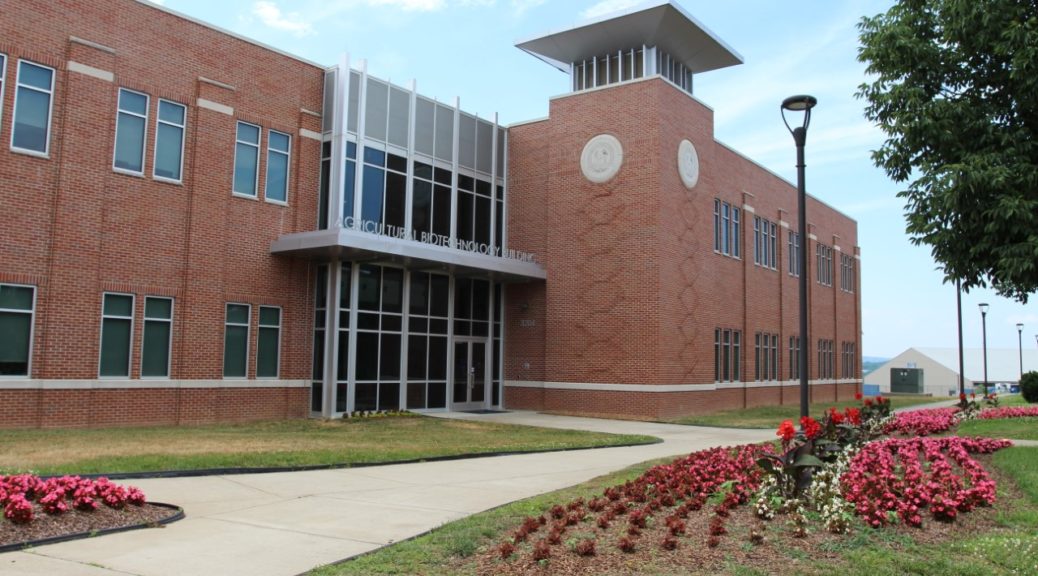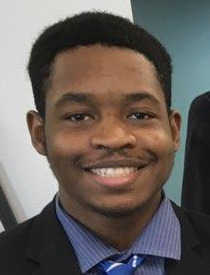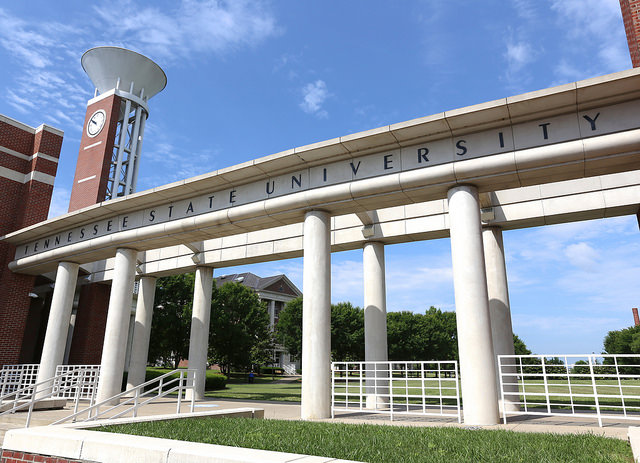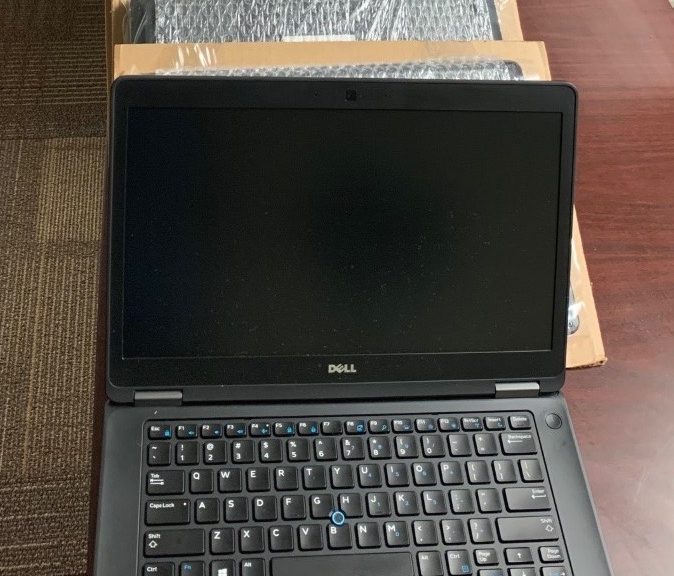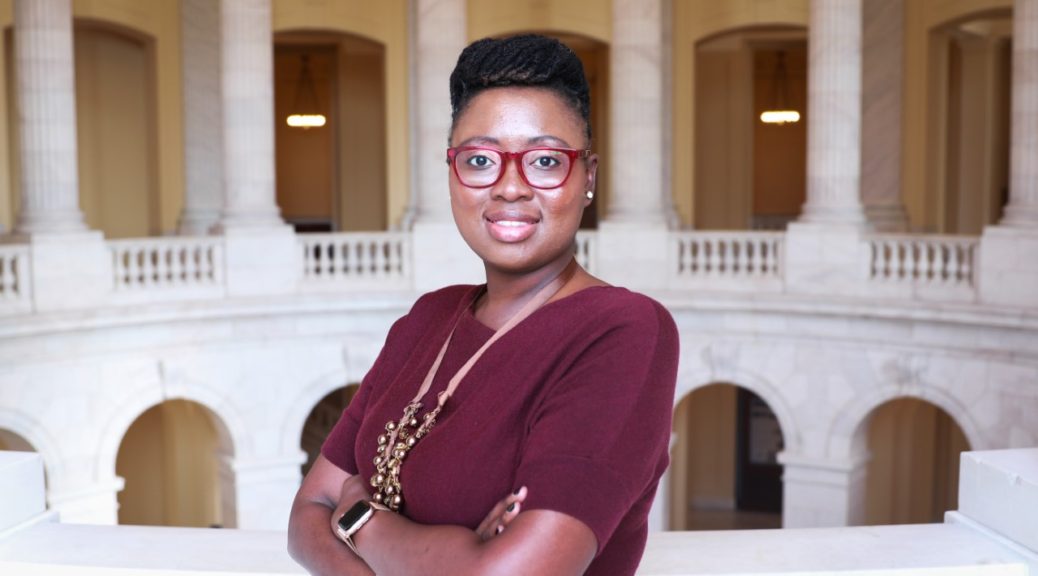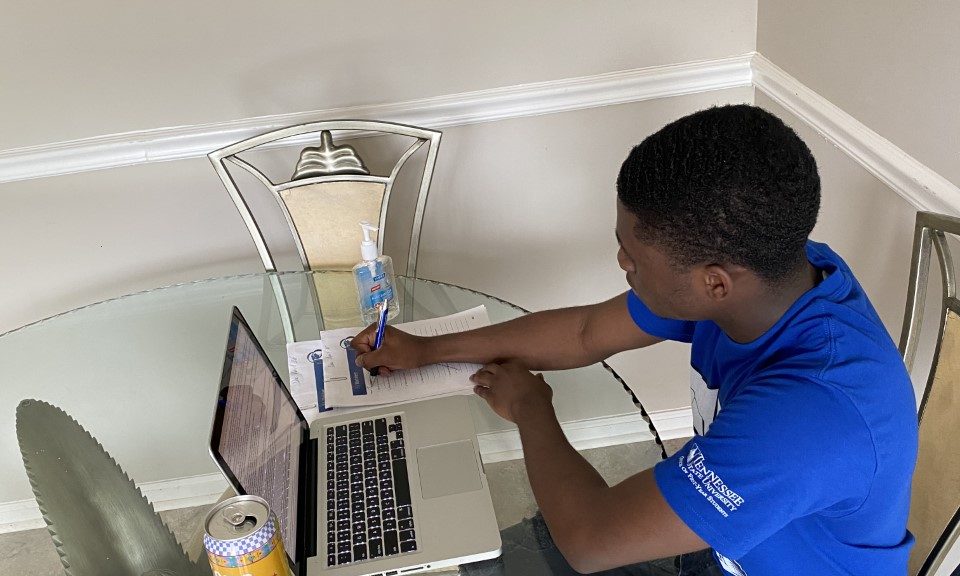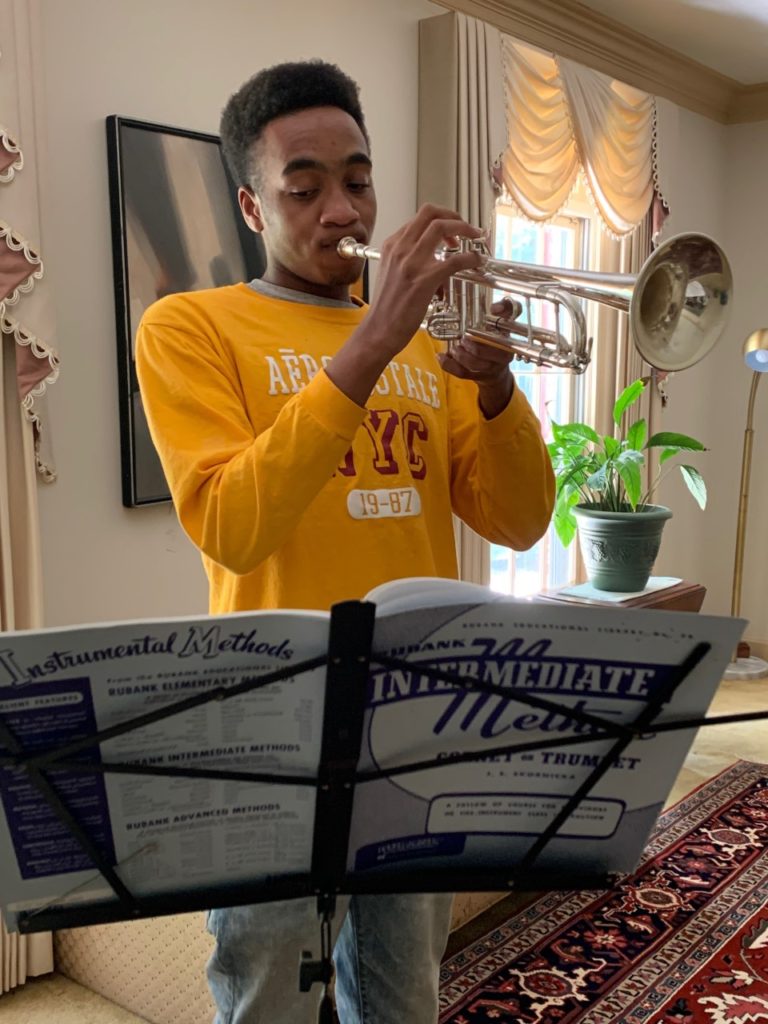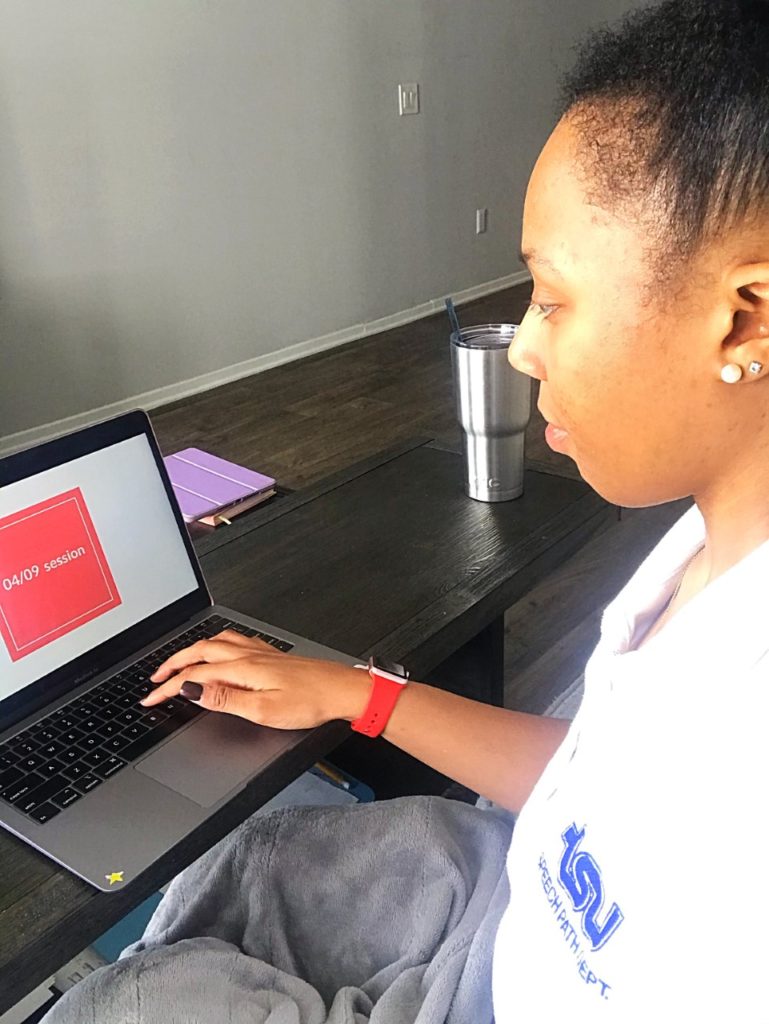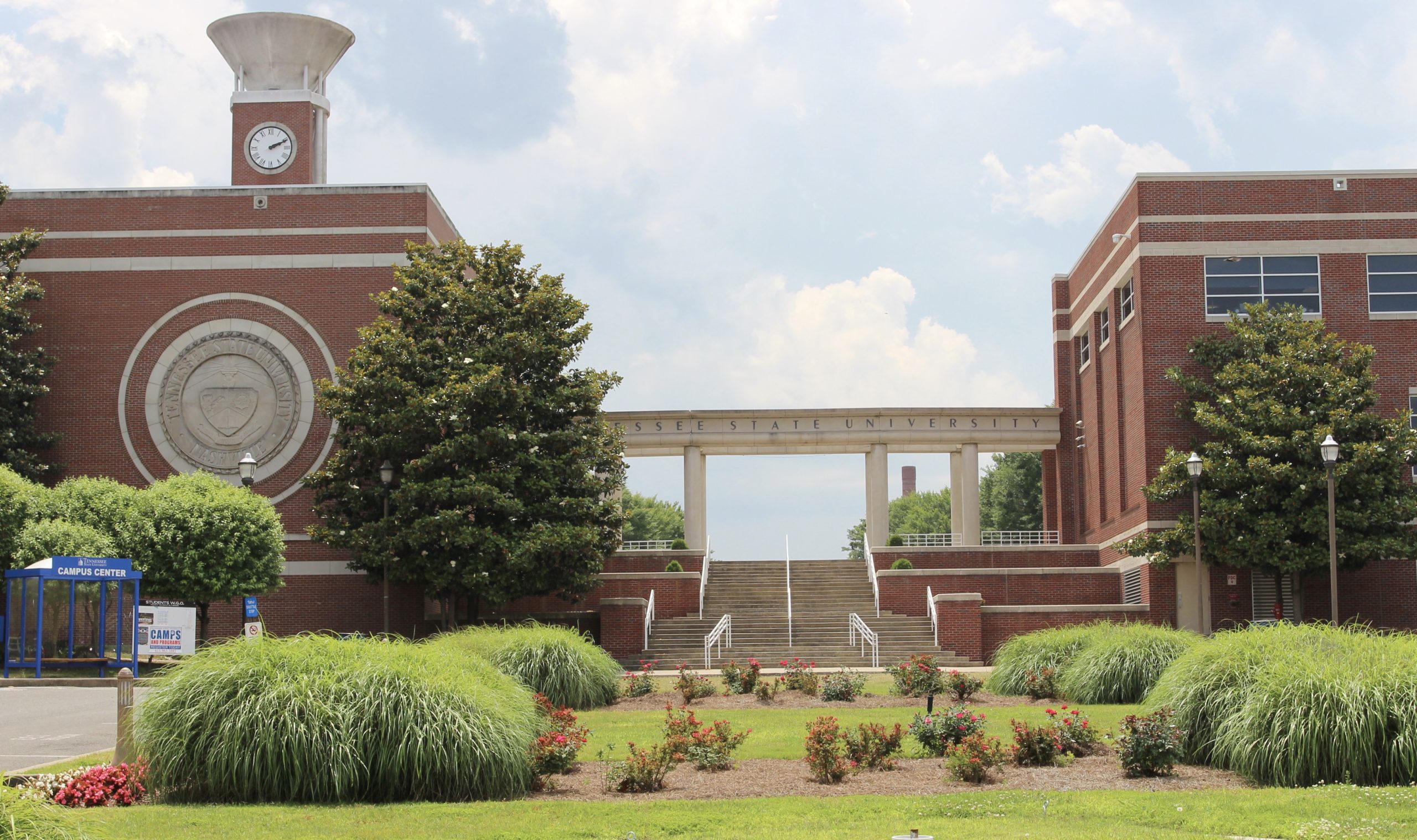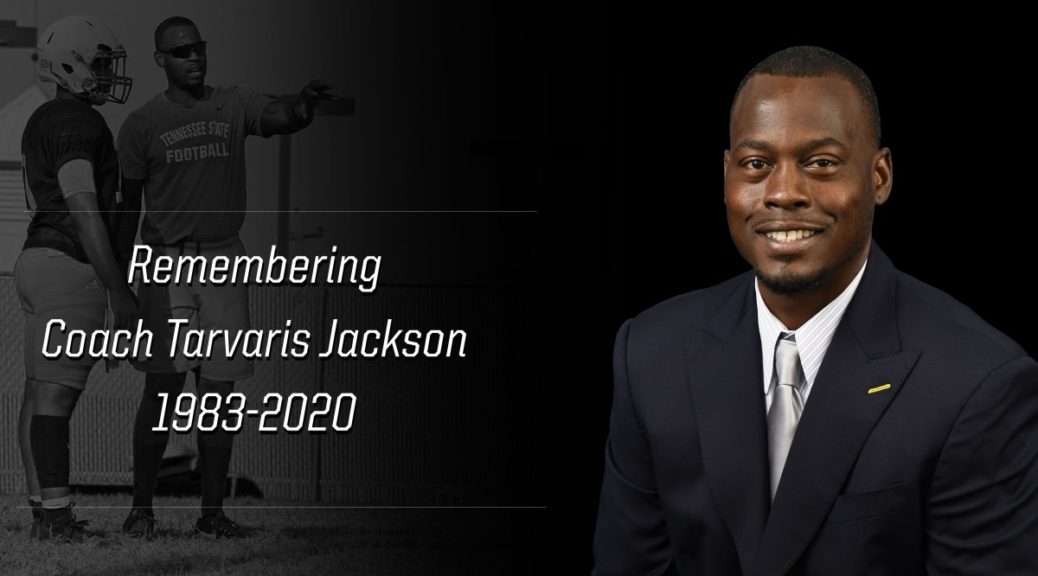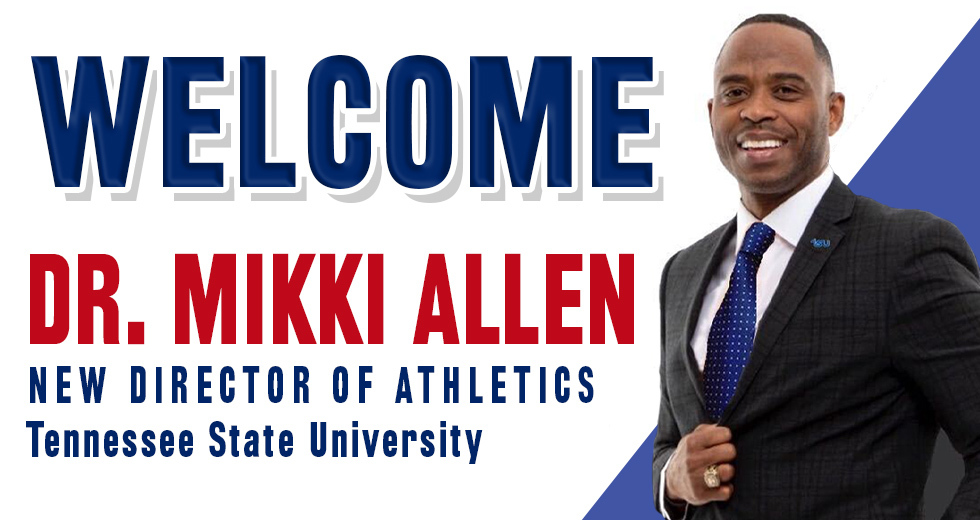NASHVILLE, Tenn. (TSU News Service) – Over 10,000 Nashville families can put more food on their tables today because of a generous grant donation from the Oprah Winfrey Charitable Foundation. The funds were made available through a partnership between Tennessee State University and Mt. Zion Baptist Church that grew out of Ms. Winfrey’s strong desire to help Nashville.

Ms. Winfrey, a Big Blue alum, said TSU President Glenda Glover and Bishop Joseph Warren Walker III of Mt. Zion were recommended to her because of their great work in the community. Particularly in the case of President Glover, Ms. Winfrey said representatives with Apple suggested she connect with Glover and TSU, which has a successful coding partnership with Apple.
The tech giant is also in partnership with Ms. Winfrey, who recently spoke with local and national print outlets during a Zoom meeting to announce the $2 million grant to TSU and Mt. Zion to help the families in need.
“Everybody was already connected. I felt like I was in good hands,” said Ms. Winfrey, adding that she brainstormed with Glover and Walker on how to get help “directly to the people.”
“I was honored to receive Ms. Winfrey’s call, and even more touched by her concern for underserved communities in her home city of Nashville deeply impacted by COVID-19,” said Glover, who was a classmate of Ms. Winfrey. “A vast majority of the families benefitting are single heads of households experiencing job loss or a substantial cut in hours. The university, along with Mt. Zion, is extremely proud to have assisted with such a monumental humanitarian effort with our alumna, Ms. Winfrey.”
“We are deeply grateful to Ms. Winfrey, who has such a heart for Nashville and asked us to help her develop a method for getting relief to the most vulnerable people as fast as possible,” said Walker. “In response, we convened an extensive network of religious, civic and business leaders who have direct knowledge of individuals and families in this city whose lives have been devastated by the confluence of disasters that have hit Nashville in 2020.”
NashvilleNurtures, the collaboration between TSU and Mt. Zion, brought together a coalition of African-American churches and community organizations to assist in helping the city’s most at need individuals. In addition to the coronavirus, a tornado that struck parts of Nashville near TSU in early March left many families homeless.
One beneficiary is LaWanda Jackson. She said the gift card was “truly a blessing” because her work hours had been reduced and she was still displaced by the tornado. “I honestly did not know what my next meal was going to be,” said Jackson. “The card was right on time. I’m thankful to everyone who played a part in me getting it.”
Single mom Janice Easley was overjoyed to receive the $200 Kroger gift card. The mom of six and housekeeper said her hours had been cut as well, and she worried about having enough food available with her children out of school.
“I was down to my last food and didn’t have anything,” said Easley. “I thank Ms. Oprah Winfrey. She didn’t have to do it but you came through. It’s a blessing.”
Glover said, “The gratitude and appreciation expressed to Ms. Winfrey, TSU and Mt. Zion has been overwhelming. Along with single parents, we’ve been able to help people who are crucial to the city’s tourism industry; the men and women that wait tables, hotel check-in, and small business owners suffering financial loss. As a college president, I see first-hand how this virus has affected every aspect of daily living, financial, operational and of course educational.”
Ms. Winfrey said she was compelled to help because of how African-American communities are being disproportionally affected by the virus. She voiced her concern about the lack of access to healthcare, leading to a larger number of deaths and the economic toll on communities of color.
“The reason I’m talking about it is because there is going to be a need for people of means to step up, and you got those people right here in Nashville,” said Ms. Winfrey. “I mean, this thing is not going away. Even when the virus is gone.”
Agreeing with Winfrey, Glover said it was important that TSU continue to help families as they face uncertain futures due to the devastating impact of the virus and that’s being done with the newly created COVID-19 Academy at the university.
“TSU has established the COVID-19 Academy to continue outreach to the Nashville community as it recovers from the pandemic,” said Glover. “The academy will work to bridge the health care disparity for people of color that experts say will have a lasting impact for generations to come through a holistic approach combining access to care, human services and education.”
The grant to NashvilleNurtures was a part of the Oprah Winfrey Charitable Foundation’s $12 million COVID-19 Relief Fund. The grants support organizations in Ms. Winfrey’s “home cities” of Nashville, TN; Chicago, IL; Milwaukee, WI; Baltimore; and Kosciusko, MS that are helping underserved communities currently experiencing a disproportionate impact from the pandemic.
Department of Media Relations
Tennessee State University
3500 John Merritt Boulevard
Nashville, Tennessee 37209
615.963.5331
About Tennessee State University
Founded in 1912, Tennessee State University is Nashville’s only public university, and is a premier, historically black university and land-grant institution offering 39 bachelor’s degree programs, 24 master’s degree programs, and seven doctoral degrees. TSU is a comprehensive research intensive institution with a R-2 Carnegie designation, and has a graduate school on its downtown Avon Williams Campus, along with the Otis Floyd Nursery Research Center in McMinnville, Tennessee. With a commitment to excellence, Tennessee State University provides students with a quality education in a nurturing and innovative environment that prepares them as alumni to be global leaders in every facet of society. Visit the University online at tnstate.edu.
